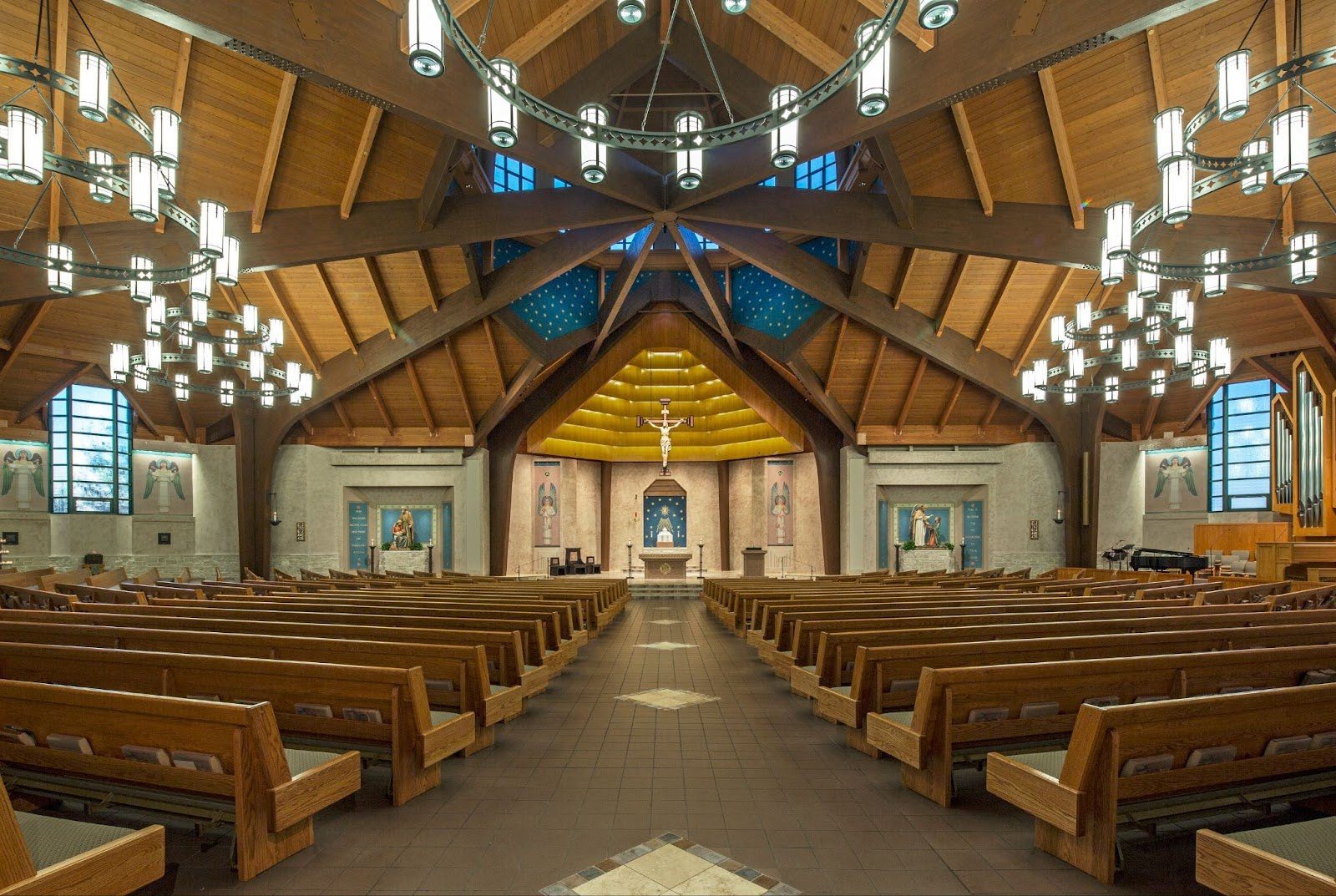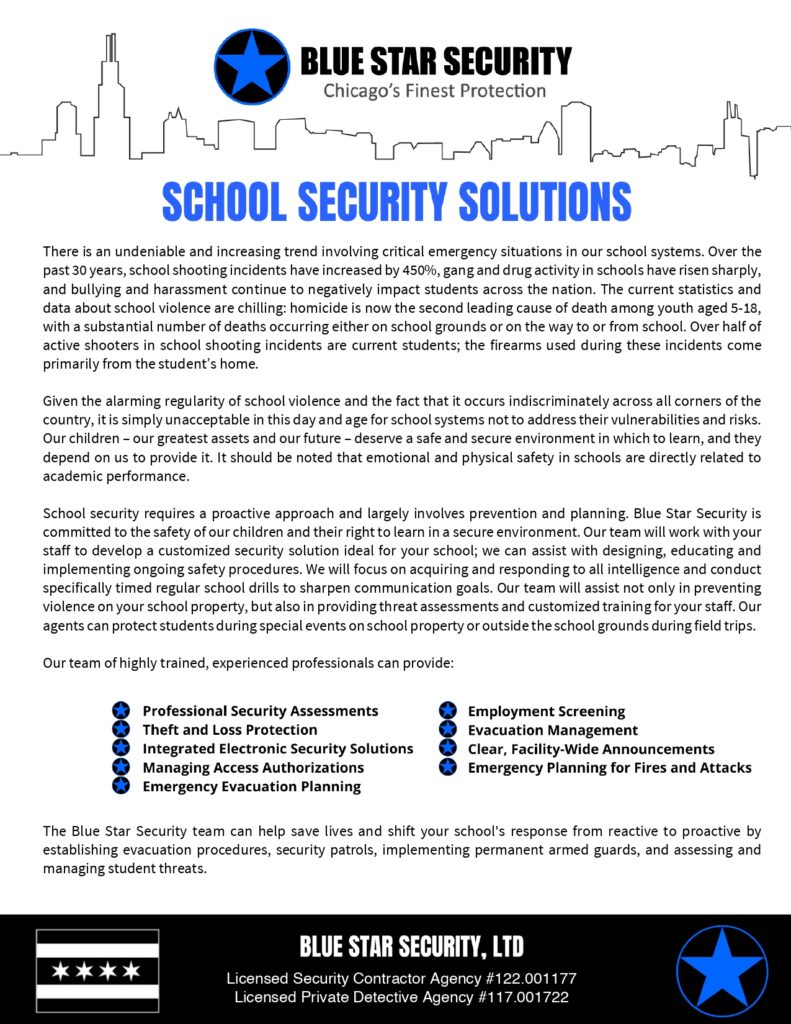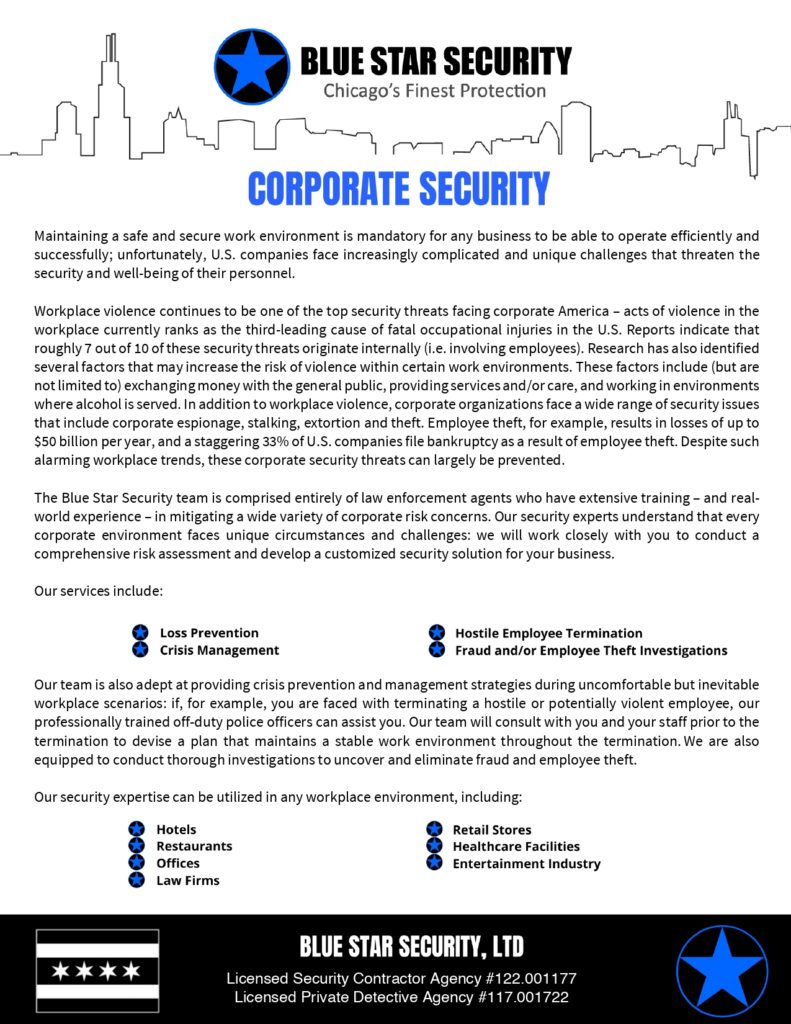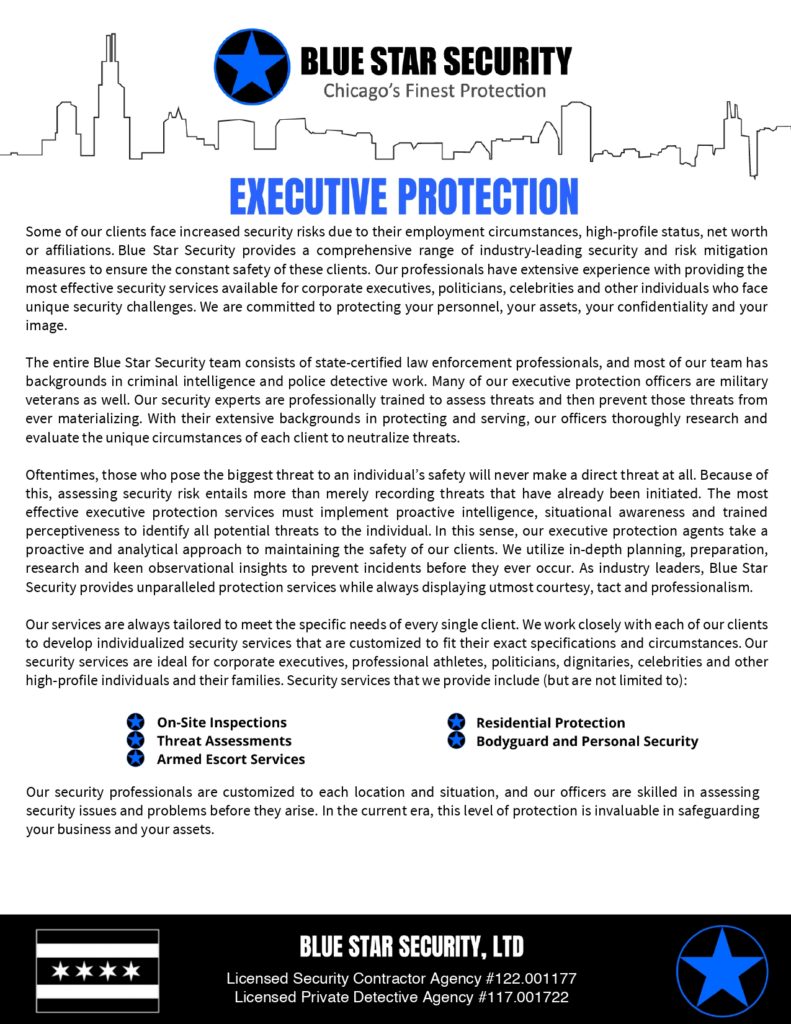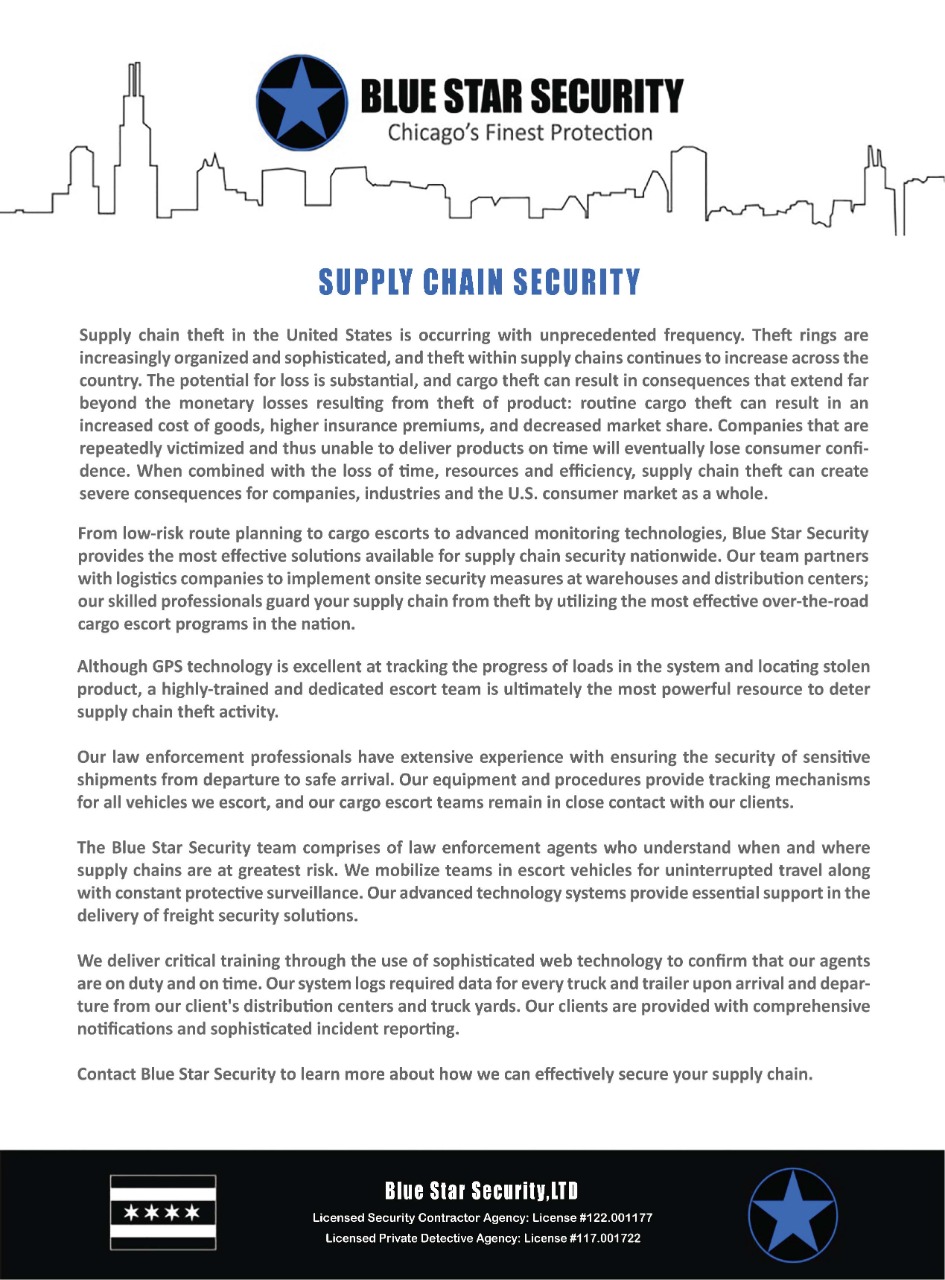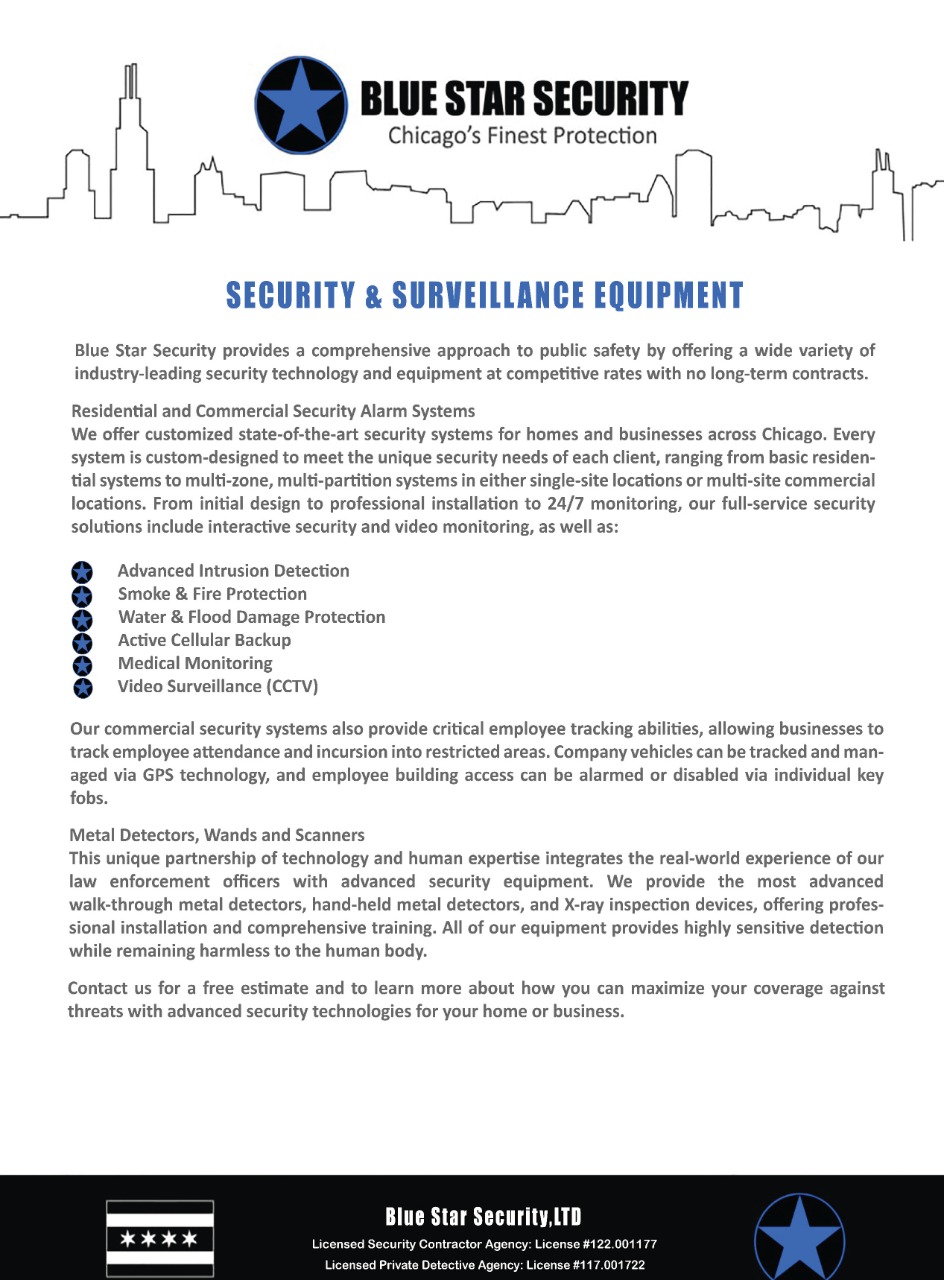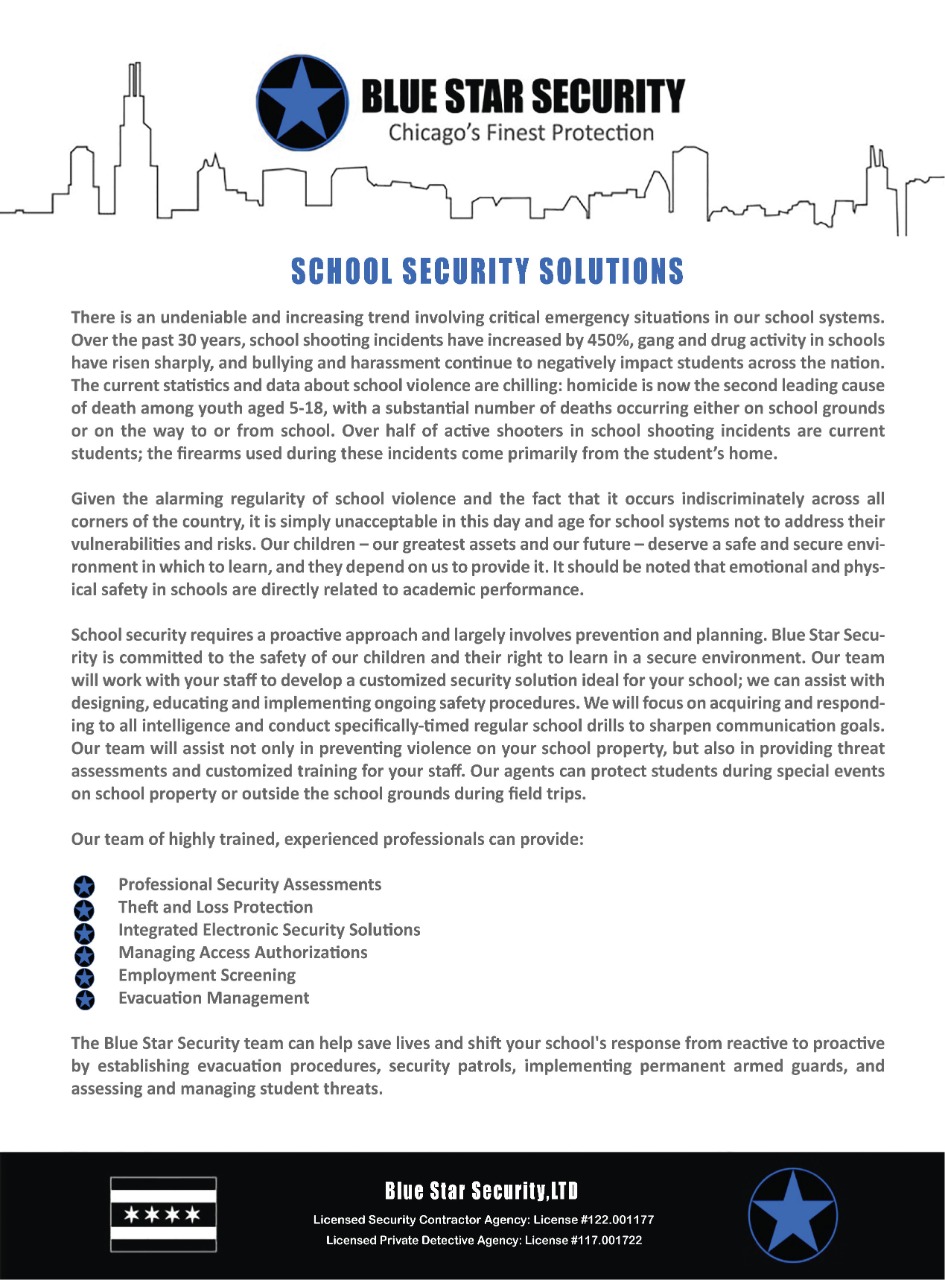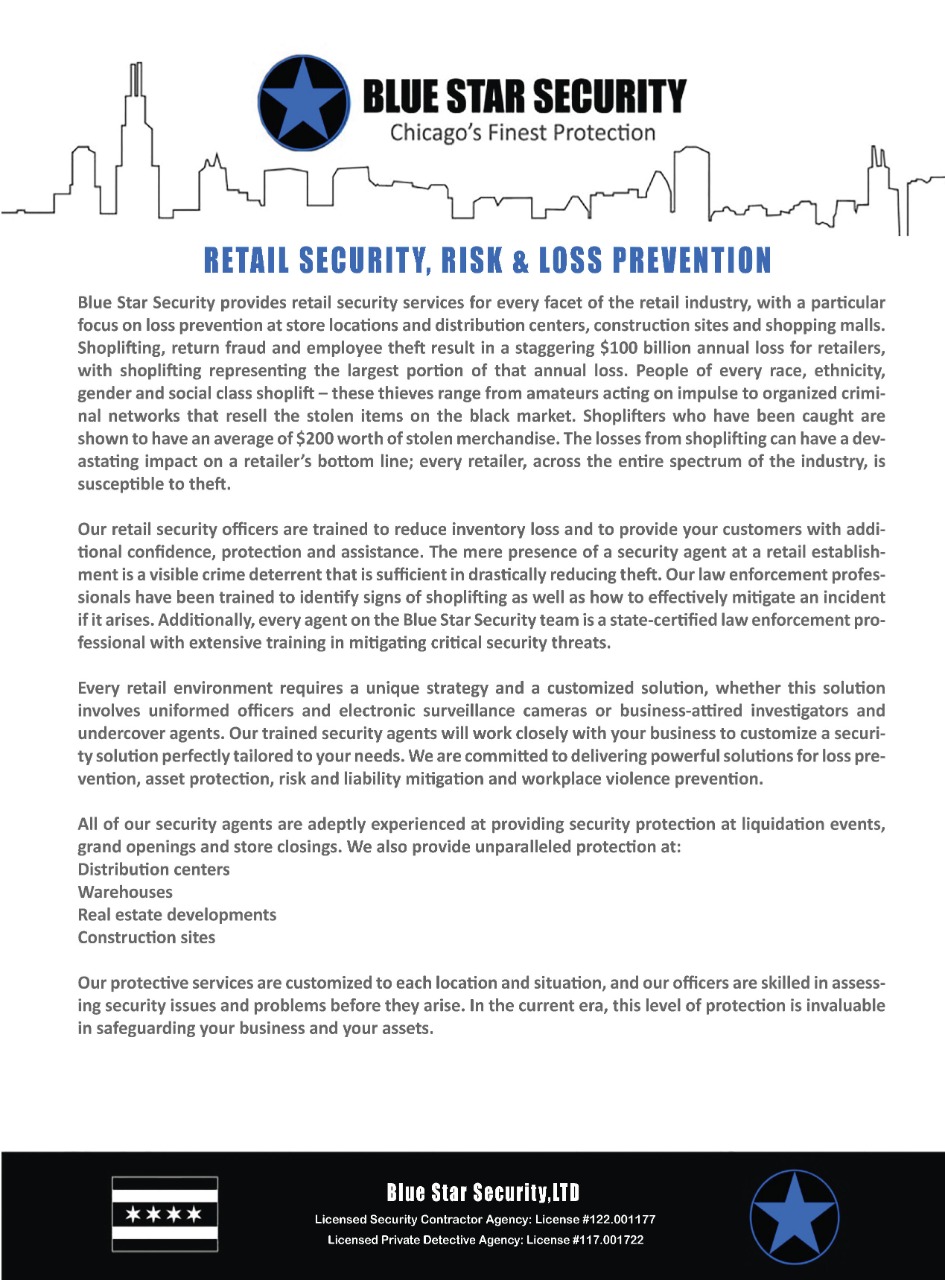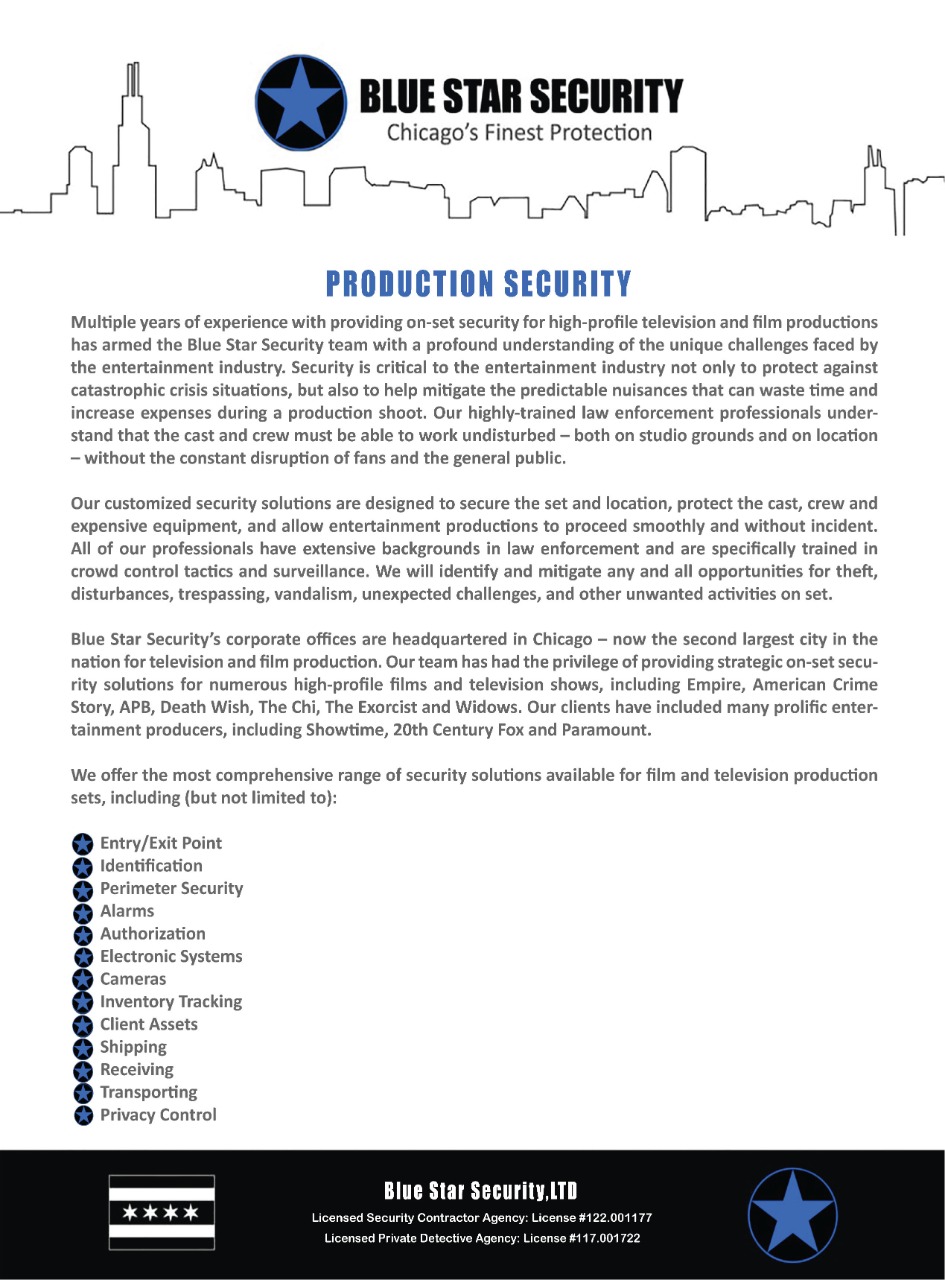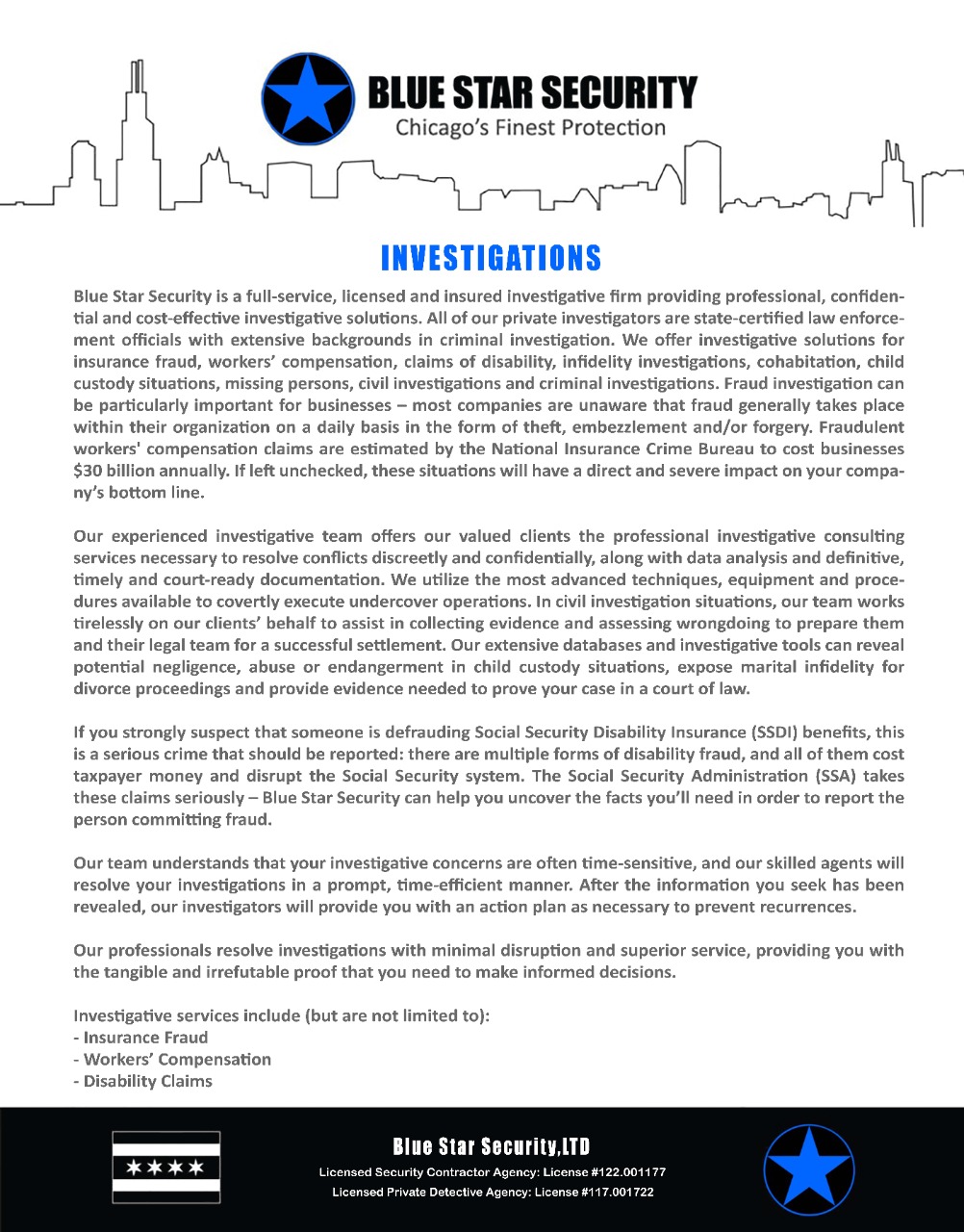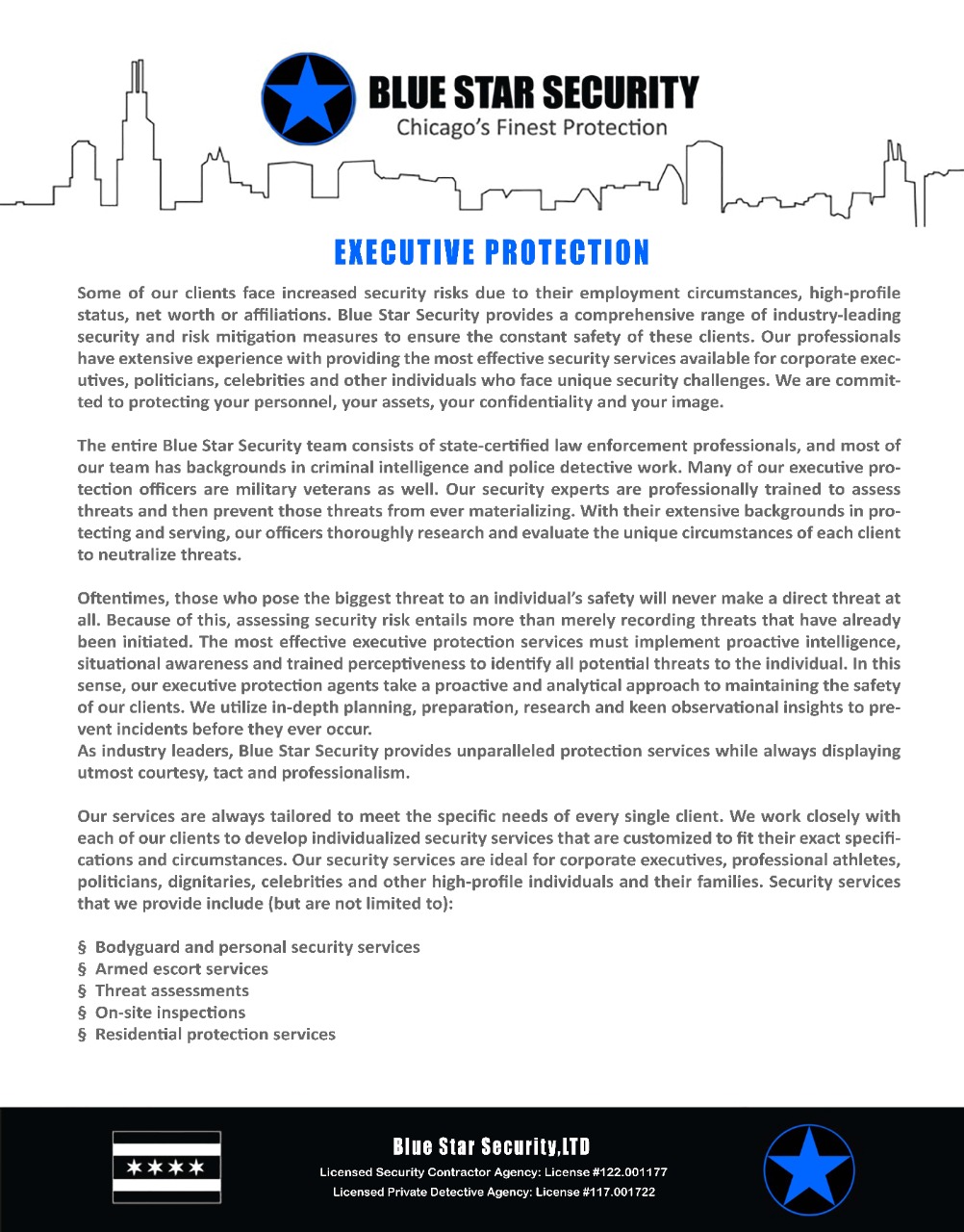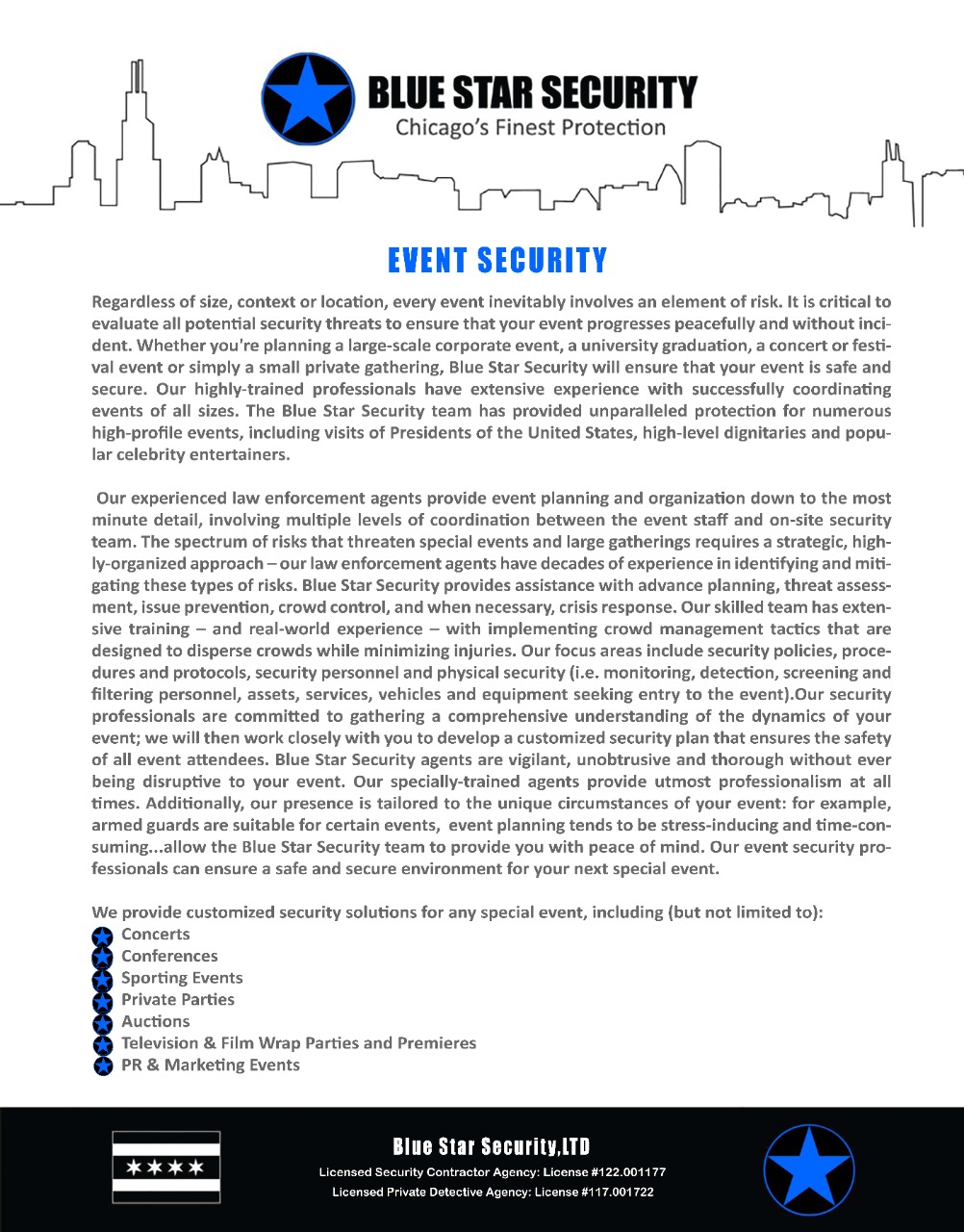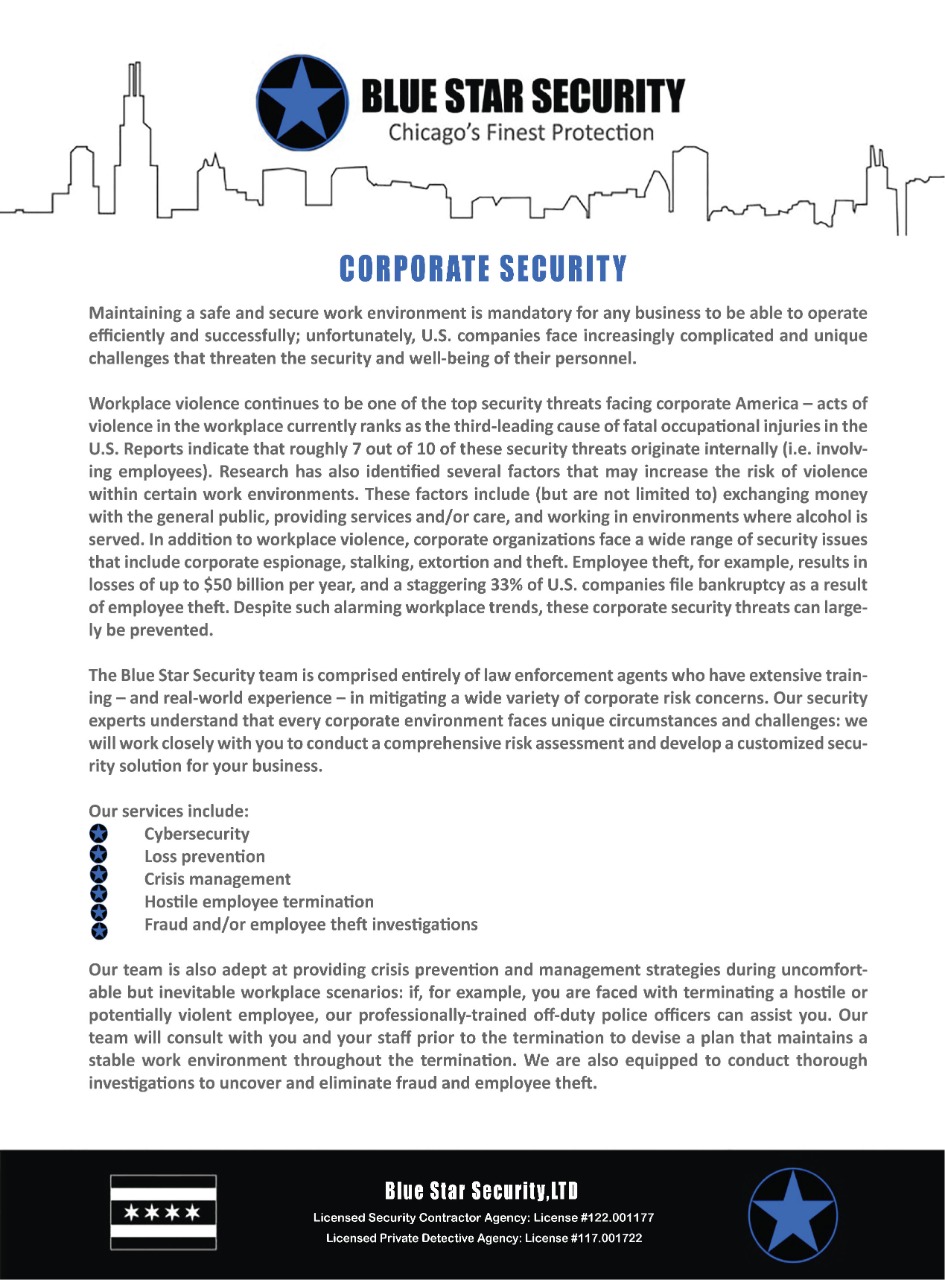Places of worship are meant to be sanctuaries of peace, reflection, and community. However, in today’s world, ensuring the safety of congregants, staff, and religious leaders has become a growing concern. Place of worship security is more important than ever, as security threats continue to evolve, requiring faith communities to take proactive measures to protect their people and properties from potential dangers.
From vandalism and trespassing to more serious threats like theft, violent attacks, and disruptions during services, places of worship must strike a delicate balance—maintaining an open and welcoming environment while prioritizing security.
Understanding the Security Challenges for Places of Worship
Religious institutions are often considered soft targets, meaning they have open access policies and fewer security measures compared to other public spaces. This can make them vulnerable to various threats, including:
- Unwanted intrusions – Unauthorized individuals entering the premises, particularly during services or gatherings.
- Theft and vandalism – Opportunistic criminals targeting donation boxes, valuable artifacts, or religious symbols.
- Disruptions during services – Protesters, disorderly individuals, or unexpected disturbances impacting services.
- Targeted violence – The unfortunate reality of individuals seeking to harm religious institutions due to ideological or personal motives.
- Large event security risks – Religious holidays and special services drawing larger crowds, increasing the potential for security breaches.
Understanding these risks is the first step in strengthening security measures.
How Places of Worship Can Improve Security in 2025
The good news is that places of worship can take practical and effective steps to enhance security without compromising their welcoming nature. A layered approach—combining physical security, personnel training, and emergency preparedness—can help create a safe environment for everyone.
1. Strengthen Access Control Without Limiting Hospitality
Many places of worship operate with an “open-door” policy, but unrestricted access can leave vulnerabilities. A few simple adjustments can help secure the space:
- Limit entry points – Designate specific entrances and exits while keeping secondary doors locked when not in use.
- Use greeters or ushers for security screening – Trained personnel can keep an eye out for unusual behavior.
- Install security cameras and access control systems – Monitoring entry points discourages unauthorized visitors.
- Keep doors locked outside of service hours – This reduces the risk of trespassing or vandalism.
Even subtle changes like adjusting seating arrangements to allow for better visibility can make a difference in spotting potential threats early.
2. Train Staff, Volunteers, and Congregants on Safety Protocols
Security isn’t just about physical barriers—it’s about people knowing what to do in a crisis. Having a well-trained team ensures that emergencies can be handled quickly and effectively.
- Educate ushers, greeters, and key volunteers on security awareness – They should know how to recognize and report suspicious activity.
- Conduct de-escalation training – Teach leaders how to handle disruptive individuals without escalating conflicts.
- Hold emergency drills – Regular practice for evacuations, lockdowns, and medical emergencies ensures readiness.
- Develop a communication plan – Establish a system for alerting security personnel and authorities when necessary.
A strong security culture starts with awareness. When congregants understand the importance of safety, they become active participants in maintaining a secure environment.
3. Increase On-Site Security Presence
A visible security presence can be one of the most effective deterrents to crime. Even if a place of worship doesn’t want to feel “overly secure,” having professionals on-site can help ensure safety without creating an intimidating atmosphere.
- Hire professional security officers – Trained security professionals provide an immediate response to any situation.
- Utilize off-duty law enforcement officers – Their experience and training make them valuable assets in protecting large gatherings.
- Conduct regular security patrols – Keeping an eye on the premises discourages potential threats.
For special events or high-attendance services, increasing security presence can help manage crowds and keep potential threats at bay.
4. Secure Parking Areas and Outdoor Spaces
Security concerns don’t stop at the building’s doors. Many incidents occur in parking lots, where lighting may be poor and visibility is limited. Taking steps to enhance security in outdoor areas is just as crucial.
- Improve lighting – Well-lit parking lots reduce the risk of criminal activity.
- Monitor exterior areas with surveillance cameras – Having security cameras visible can discourage vandalism or theft.
- Designate security personnel to monitor parking areas – Trained officers can provide an added layer of protection.
- Encourage a buddy system for attendees – Especially for evening services, walking in groups reduces vulnerability.
The more secure the entire property is, the less likely it is to be targeted by criminals.
5. Develop an Emergency Preparedness Plan
Even with the best security measures in place, unexpected situations can arise. Having a clear, well-communicated emergency plan ensures that everyone knows what to do if a crisis occurs.
- Create an emergency response team – Designate leaders responsible for coordinating safety efforts.
- Establish clear evacuation routes – Mark exits and ensure everyone knows where to go in an emergency.
- Communicate with local law enforcement – Building a relationship with police ensures a faster response if needed.
- Have medical response plans in place – Equip the facility with first aid kits and train personnel in basic medical care.
Regularly reviewing and updating these plans ensures preparedness for any potential security threat.
How Blue Star Can Help Protect Your Place of Worship
Securing places of worship requires expertise, planning, and a proactive approach. At Blue Star Security, we specialize in providing tailored security solutions designed to protect faith communities without disrupting their welcoming mission.
Our security services include:
- Experienced security personnel, including off-duty law enforcement officers trained in risk mitigation.
- On-site security assessments to identify vulnerabilities and implement customized solutions.
- Event security management to ensure religious gatherings and large services remain safe and secure.
- Parking lot security and patrols to prevent theft, vandalism, and other risks.
By working closely with each place of worship, we develop security strategies that enhance safety while preserving the peaceful atmosphere that faith communities cherish.
Final Thoughts
Security threats may continue to evolve, but faith communities can take meaningful steps to ensure the safety of their congregants, leaders, and facilities. By strengthening access control, training staff, increasing security presence, securing outdoor areas, and developing emergency preparedness plans, places of worship can create a safer environment for everyone.
At Blue Star Security, we are committed to providing expert place of worship security solutions that help protect religious institutions from emerging threats. If your place of worship is looking for ways to enhance safety and prevent security incidents, contact us today to learn more about how we can help.

